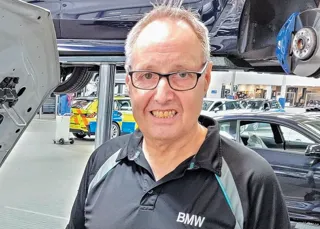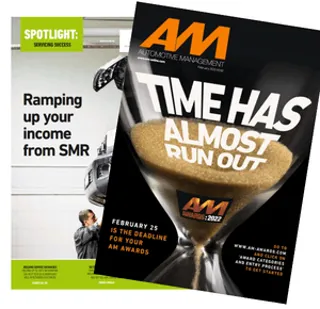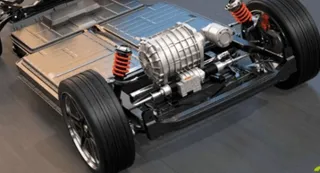It reaffirms the finding of earlier research that a big leap is likely in the proportion of retail buyers willing to buy over the internet.
CGEY is forecasting an increase from 0.1% now to 8% “in the future”.
The survey by the management and IT consulting group of more than 7,000 retail car buyers in Europe and the US also reveals more than 80% are satisfied with dealer service. Lance Doughty, CGEY manufacturing director, said: “This increase in popularity is likely to be a result of dealers improving their customer relationship management. They are ready to compete with the new entrants into the market and, in particular, internet car sites.”
The standing of dealers in the eyes of consumers has risen since a similar survey by Cap Gemini last year, when the approval ratio was just over 70%.
Mr Doughty said: “It is wrong to look at the internet as a substitute for traditional sales. It should be seen as an integrated part of the buying process.
“In the near future, we will see a pure dotcom car sales channel co-existing with manufacturer and dealer web presence, though it will not replace the traditional channels as has been predicted in some quarters. The internet is here to stay in the vehicle channel mix – as are dealers.”
According to the new survey, 94% of buyers are satisfied with manufacturer-appointed dealers in both the UK and the US.
Non-franchised dealers scored well on a similar appraisal in key markets – 93% in Germany, 92% in the US and 90% in the UK.
Mr Doughty said that neither car dealers nor manufacturers could afford to be complacent.
“This is especially the case in the UK where there is a much higher-than-average desire to conduct the purchase of a car over the web,” he said. “This has to have repercussions on the business strategies of all companies involved in automotive retail.”
The survey revealed that satisfaction with online purchases of car and related products has increased greatly since 1999, standing at 70% or more. In the UK and US, 92% of consumers were “happy” with purchases and more than two-thirds were “very satisfied” overall.
General satisfaction with online trading has risen – by 113% in the UK and 73% in Germany. In France, 91% were happy and approval increased by 91%, although only one-third were “very satisfied”.
Use of the internet is also going up. Year-on-year, the increase in the UK is 121% and in France 125%, though from a low level of 12%.
Countries with the highest web penetration are Sweden (70% of people), the US and Holland (both 66%). Next came the UK (51%), Germany (45%) and Italy (40%), with France lagging on 27%.
Across all countries, consumers were found to be tending to use the internet to gather information rather than buy. Finding the best price was the main factor motivating people in all countries to browse car websites.
The majority of car users in France (73%), the UK (70%), US (65%) and Germany (53%) indicated that they would be using the internet to gather information on products and services over the next 12 months.
Mr Doughty said: “Car-related internet sites will become an excellent new service to find a competitive edge.” But the survey identified reasons why people avoided buying online, including a desire for personal service, missing the shopping experience and wanting to see the car first.
In the US, the issue of payment security was rated as an important deterrent by 57% of consumers.
Socio-economic factors and, in particular, the type of car driven influenced internet use. Consumers with a sportscar were the most likely to use the internet (78%) followed by those driving a luxury car.

















Login to comment
Comments
No comments have been made yet.